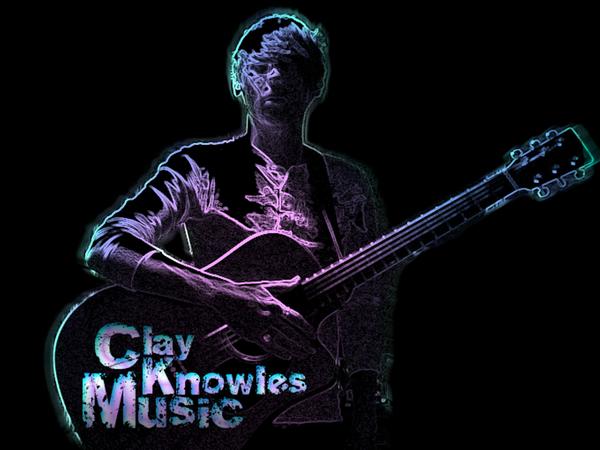What are each of the central claims in Mangu-Ward, Joh, and Quarmby? Analyze the kinds of research (primary, secondary) and evidence (personal experience, facts) the authors use in support of their claims. How much are you influenced by the kinds of research and evidence provided? Why or why not? How do your prior values and beliefs affect how you read these essays?
The main issue that the author's Mangu-Ward, Joh, and Quarmby are talking about is our right to privacy. Each are concerned with the ways that our privacy is slowly, but surely, being taken away from us with the new forms of technology available to the government. In Katherine Mangu-Ward's Is Privacy Overrated? The Merits, Drawbacks, and Inevitability of the Surveillance Nation, she talks about the ways that cameras are being used more and more as a form of protection, but also take away our privacy. She uses New York as an example and says that as far as cameras go, there are "more than 4,200 below 14th Street"(p 11). That is a BUTTLOAD of cameras to have in just one area. She also claims that the government wants to put more cameras up and to have them required in clubs. With credit cards, EZ passes, and GPS naviagation, the government already knows basically everything about us and knows where we are at all times, which can be a little unnerving. She talks about her personal experience with using a credit card and how she likes the fact that she can view what she has bought with it over the past years. She basically says that we are moving towards a zero privacy nation and that it will help to protect against terrorism and police brutality. In Reclaiming "Abandoned" DNA: The Fourth Amendment and Genetic Privacy, Elizabeth E. Joh talks about all the ways that police and government have easy access to our DNA that we leave behind everyday. She says that "we leave traces–– skin, saliva, hair, and blood–– of our genetic identity nearly everywhere we go"(p 30). Wether it is touching a penny, licking an envelope, leaving a cigarette butt, spitting on the ground, or drinking from a cup at a restaurant, police have access to our abandoned DNA in all of these situations if they aren't obtained from us forcibly. In The Case for National DNA Identification Cards, Ben Quarmby is focused on the national use of a card that has all our genetic code on it. This is being thought about as a way to fight terrorism in our country. He uses a secondary source that says that "he current identification system, based on the social security number, driver’s license and signature, is no longer adequate" (p 37). He talks about how the government needs a better system to control and monitor what goes on inside the borders of our country. DNA databases have actually already been introduced, but were used "only individuals convicted of serious criminal sexual crimes" (p 38). He thinks that September 11 has affected us more than we know and could lead to some serious changes in our right to privacy.
For me, privacy is not actually a huge concern as far security goes. I'm not going to steal, do drugs, blow up buildings, or break the law on purpose for any reason. I'm not worried about being caught for illegal actions because I don't try to break the law. So having more cameras in places in not really that big of a deal to me. And I guess I really didnt' think about the whole GPS and credit card thing or the abandoned DNA. The government really does have a lot of access to our daily lives. Again, I'm not really worried about them looking at where I've been or what I've bought because I don't commit crimes. They wouldn't have any reason to focus on me or track me. So, it's not really a big concern for me. A concern that I do have is with the whole DNA identification card. Being a Christian, this concerns me a lot because the bible talks about the end times will come when everyone starts using the same currency and becoming one. With the DNA card, it will make it easier to identify everyone and everone will have one. They could probably tie it to our money somehow and make it to where everyone could just have this one card to do everything they need to do in a day. It also concerns me because it makes us seem like a bunch of cattle. We become branded with this card and that's all we are. We lose our sense of individuality when we become one and are identified only by our DNA.
Monday, November 3, 2008
Subscribe to:
Comments (Atom)

